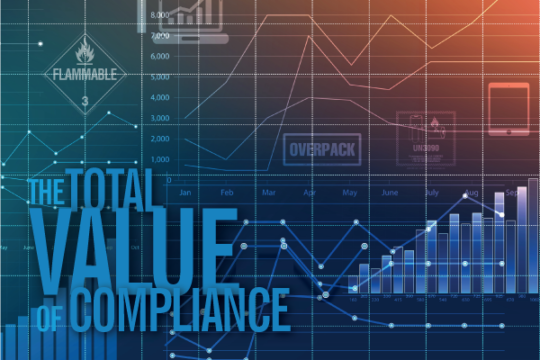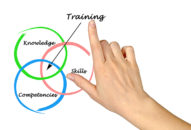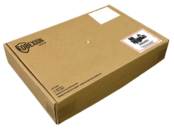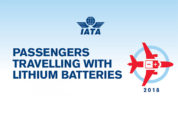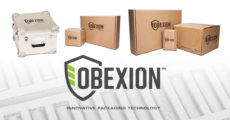Why do you pursue Dangerous Goods compliance? Take a moment before you answer, because the real reason may not be as obvious as you think. We’ve been asking hazmat professionals that question for years, and the answers have evolved. Today, nearly a quarter of companies in the DG supply chain pursue compliance because it’s a…
Dangerous Goods competency assessments: A level beyond training
Should people who handle Dangerous Goods be as competent at their jobs as doctors are at theirs? Philip Mondor thinks so. “Doctors, nurses and lawyers are subject to rigorous competency assessments based on robust science. We’re seeing an emergence of similar practices in occupational areas that have regulated aspects, like logistics.” Mondor is the president…
Getting You Ready — New Lithium Battery Marks and Labels are Mandatory on January 1st
As 2019 quickly approaches, lithium battery shippers need to be aware of the mandatory label changes that become effective on January 1st. For almost 2 years shippers of small (excepted) batteries and battery-powered devices have had the option to use either the lithium battery handling “Caution” label or the lithium battery mark while operating under…
Dangerous Goods Symposium speaker LaQuita Donald on training millennials.
LaQuita Donald, CHMM, CDGP, at Genuine Parts Co., spoke about “Training Millennials at a past Dangerous Goods Symposium, hosted by Labelmaster. You may never talk with anyone who’s more enthusiastic about her role in the Dangerous Goods industry than LaQuita Donald. Yet she’s concerned about finding people to fill those roles in the future. She…
Besides hazmat employees, who else should get hazmat training?
Every organization handling Dangerous Goods knows (or ought to know) that employees meeting the definition of a “hazmat employee” need to be trained in accordance with 49 CFR, Part 172, Subpart H, unless otherwise excepted. Who’s a hazmat employee? The short version of the definition, from Part 171.8, is: “A person who … directly affects…
See Pia Jala’s insights on lithium battery packaging in HCB Monthly
Labelmaster Vice President of Operations Pia Jala is one of the Dangerous Goods industry’s most experienced voices. In the latest issue of HCB Monthly, she examines the impact across the supply chain of Obexion advanced lithium battery packaging: “What if the supply chain industry turned its attention beyond the labels placed on the outside of…
IATA Publishes 2018 Guidelines for Passengers Traveling with Lithium Batteries
The International Air Transport Association (IATA) today published their guidelines for passengers traveling with lithium batteries and devices that contain lithium batteries. Please download and refer to their full guide here: LithiumBatteryPassengers_March 2018. Some highlights: Effective March, 2018 These rules are already in effect as of March. The guide covers topics like: Types of batteries and when…
What Obexion’s special permit means for lithium battery shipping
If your business ever ships damaged, defective or recalled lithium-ion batteries—or devices that contain them—you need a thorough knowledge of section 173.185 of the 49th volume of the Code of Federal Regulations. Ha! Just kidding! You really only need to know one word: Obexion. Here’s why: In addition to its revolutionary, fire-mitigating fiberboard material, every…
CHEMTREC and Labelmaster team up for one reason: safety.
Last month, Labelmaster and CHEMTREC announced a new partnership that makes Labelmaster the exclusive label manufacturer and distributor for CHEMTREC. Now, all Dangerous Goods labels printed with CHEMTREC information will come from Labelmaster. But this partnership isn’t really about labels. It’s about safety. CHEMTREC chief executive John Modine explains, “Having Labelmaster as our exclusive label…
Industrial Pack 2018 preview: a new chance to discover Obexion
Next week, vendors and buyers from every segment of the packaging industry will meet up at the Cobb Galleria Centre in Atlanta for the first annual Industrial Pack 2018. Of course, Labelmaster will be there! The organizers of Industrial Pack describe it as “North America’s FIRST and ONLY free-to-attend trade event dedicated to … bring…
